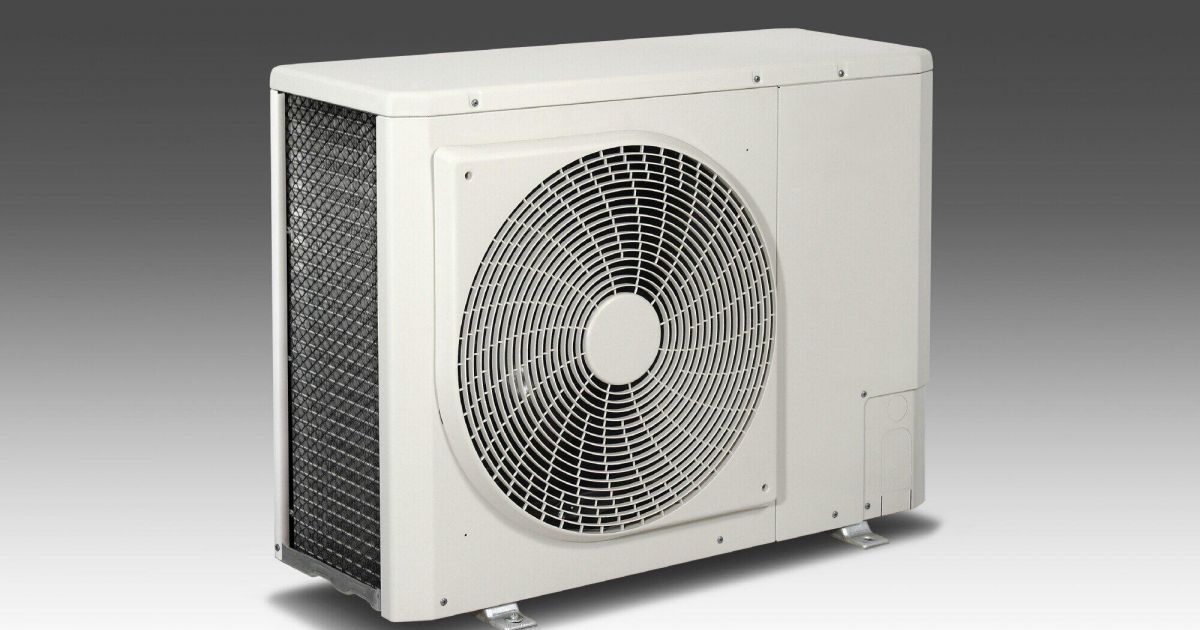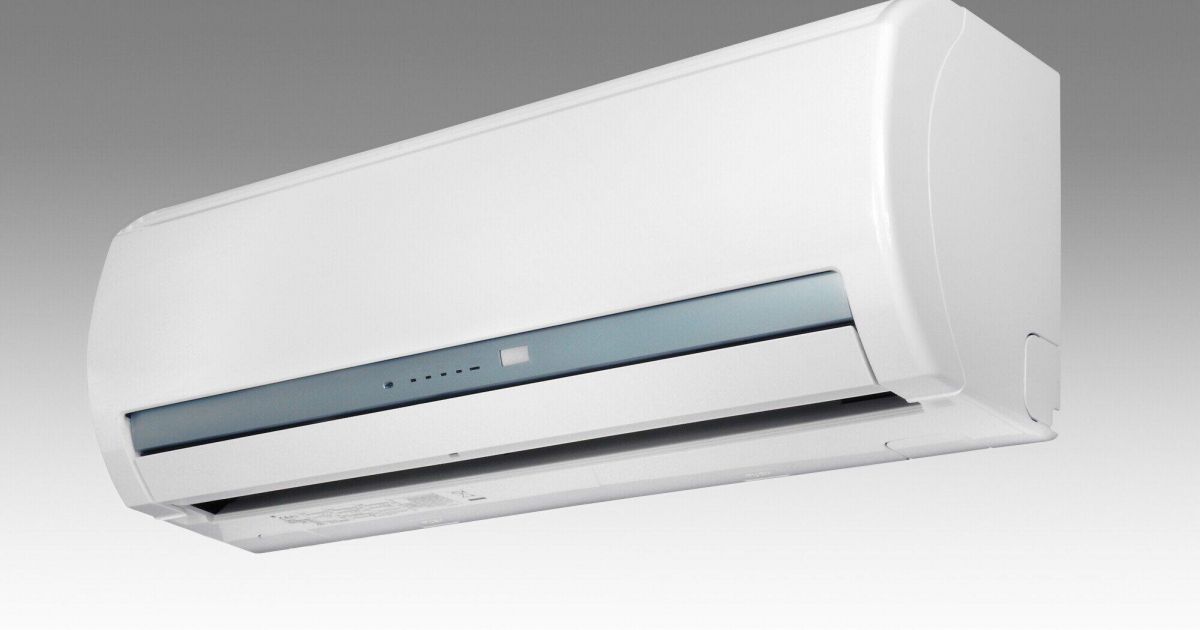Preparing for Spring: What You Need to Know Before You Install HVAC Systems

Data from the U.S. Energy Information Administration shows that about 88% of homes in the US have air conditioning and 66% have central systems.
It’s natural to want to be comfortable when you’re at home, and HVAC systems can be vital for this. They help keep your home at a stable temperature so you and your family can stay cool in the summer and warm in the winter. However, there are various things you need to know and think about before you install an HVAC system.
In this guide, we’ll discuss the crucial details of home HVAC installation so you can gain a better understanding of the process. Keep reading for more.
Why Spring Is the Perfect Time to Install an HVAC System
Spring is often considered the best time to install HVAC systems. There are a few key reasons for this:
- Mild weather: The moderate temperatures of spring make it easier for HVAC technicians to work efficiently without the extreme heat of summer or the cold of winter.
- Pre-summer preparation: Installing your HVAC system in spring ensures that your home is ready to handle the summer heat, providing you with a comfortable living environment when you need it most.
- Off-peak season: HVAC companies are typically less busy in the spring, which means you may have more flexibility and potentially lower costs.
Assess Your Home’s Heating and Cooling Needs
Before you install HVAC systems, it’s essential to evaluate your home’s specific heating and cooling requirements. Factors to consider include:
- Square footage: The size of your home will determine the capacity of the HVAC system you need.
- Insulation and air sealing: The quality of your home’s insulation and air sealing will impact the efficiency of your HVAC system.
- Windows and sun exposure: The number, size, and orientation of your windows, as well as the amount of sunlight your home receives, can affect your heating and cooling needs.
An undersized unit will struggle to maintain comfortable temperatures, while an oversized unit will cycle on and off too frequently, leading to inefficiency and wear. Poor insulation can lead to heat loss in the winter and heat gain in the summer, forcing your system to work harder.
It can be difficult to make these assessments yourself. It’s best to hire a professional company like Southern Air to inspect your home. We can give you a much clearer idea of the most suitable systems.
Choose the Right HVAC System
There are several types of HVAC systems you can choose from, each with varying benefits and drawbacks. The most common options include:
Central Air Conditioning and Heating Systems
These are the most common HVAC systems, providing both heating and cooling through a network of ducts. They’re ideal for larger homes with existing ductwork.
Ductless Mini-Split Systems
These systems are perfect for homes without ductwork or for adding heating and cooling to specific rooms. They’re energy-efficient and offer flexible zoning options.
Heat Pumps
Heat pumps are an energy-efficient option. They work by transferring heat between the indoors and outdoors, providing both heating and cooling.
Geothermal Systems
These systems heat and cool homes using the earth’s constant temperature. While they are highly efficient, they require a significant upfront investment and aren’t suitable for all locations.
Evaluate Energy Efficiency
Energy efficiency is a crucial factor to consider when you install HVAC systems. Look for systems with a high SEER (Seasonal Energy Efficiency Ratio) rating for cooling and a high AFUE (Annual Fuel Utilization Efficiency) rating for heating. Energy-efficient systems may have a higher upfront cost, but they can significantly reduce your energy bills in the long run.
Additionally, consider systems that are ENERGY STAR certified. These systems meet strict energy efficiency guidelines set by the U.S. Environmental Protection Agency and can save you money while reducing your environmental impact.
Hire a Professional HVAC Contractor
Installing an HVAC system is a complex task that requires specialized knowledge and skills. Hiring a reliable HVAC contractor is essential to ensure that your system is installed correctly and operates efficiently. When selecting a contractor, consider the following:
- Licensing and Certification: Ensure that the contractor is licensed and certified to install HVAC systems in your area.
- Experience: Look for a contractor with extensive experience in installing the type of HVAC system you’ve chosen.
- References and Reviews: Check online reviews and ask for references from past clients so you know what to expect.
- Written Estimates: Obtain quotes from multiple contractors to compare costs and services.
Prepare Your Home for Installation
Before the installation day arrives, you should get your home ready. This will make things easier for your contractor. Some steps you can take to prepare your home include:
- Clear the area: Ensure that the areas (internal and external) where the HVAC system will be installed are clear of obstacles.
- Check ductwork: If you’re installing a central HVAC system, have your ductwork inspected and cleaned if necessary.
- Upgrade insulation: Consider upgrading your home’s insulation and air sealing to maximize the efficiency of your new system.
- Plan for noise: Inform your family members or roommates about the installation schedule as it can be quite noisy.
Understand the Installation Process
Knowing what to expect during the installation process can help you prepare and ensure everything goes as it should. A typical HVAC installation involves the following steps:
- Site assessment: The HVAC contractor will assess your home to determine the best location for the indoor and outdoor units, as well as the ductwork if applicable.
- Removal of old equipment: If you’re replacing an existing system, the old equipment will be removed and properly disposed of.
- Installation of new equipment: All parts of the new HVAC system will be installed.
- Testing and calibration: The contractor will then test the system to ensure it’s functioning correctly and make any necessary adjustments.
- Final walkthrough: They will walk you through the system’s operation, including how to use the thermostat and any maintenance requirements.
Budget for the Installation
Installing an HVAC system is a significant investment, so it’s essential to budget accordingly. The cost of installation can vary widely depending on factors such as the type of system, the size of your home, and the complexity of the installation. You should be able to get a good idea of what yours will cost when you receive estimates.
Managing costs is essential. There are a few ways you can do this more effectively:
- Get multiple quotes: Obtain quotes from several contractors to compare prices and services.
- Look for rebates and incentives: Many utility companies and government programs offer rebates and incentives for installing energy-efficient HVAC systems.
- Financing options: Some HVAC companies offer financing options to help spread out the cost of installation over time.
While saving money is ideal, you may not want to go with the cheapest option. Make sure you get an idea of the quality of service that different contractors provide before making any commitments. It can be well worth spending a bit extra to ensure you get a system that works well and stands the test of time.
At Southern Air, we have financing options available for those who need them. We also run various discounts and specials that could be perfect for you.
Plan for Maintenance
Once your new HVAC system is installed, regular maintenance is essential to keep it running efficiently and extend its lifespan. Some maintenance tasks you can perform yourself, such as changing the air filters regularly. However, it’s also a good idea to schedule annual professional maintenance to inspect and tune up your system.
Regular maintenance can help prevent costly repairs, improve energy efficiency, and ensure that your system operates safely. Additionally, many HVAC manufacturers require regular maintenance to keep the warranty valid.
Consider Smart Thermostats
When you install HVAC systems, it’s worth considering the addition of a smart thermostat. Smart thermostats offer several benefits, including:
- Energy savings: Smart thermostats can learn your schedule and adjust the temperature automatically, reducing energy consumption when you’re not home.
- Remote control: Many smart thermostats allow you to control your HVAC system remotely via a smartphone app, giving you greater flexibility and convenience.
- Integration with smart home systems: Modern HVAC technology, like smart thermostats, can integrate with other smart home devices for a seamless experience.
Understand the Warranty
Before you install HVAC systems, it’s crucial to understand the warranty that comes with your new equipment. Most HVAC systems come with a manufacturer’s warranty that covers parts and labor for a specified period. However, the terms and conditions of the warranty can vary, so be sure to read the fine print.
Additionally, some contractors offer extended warranties or maintenance plans that provide additional coverage and peace of mind. Be sure to discuss warranty options with your contractor before the installation.
Your New HVAC System
Being prepared is a great way to make sure you install an HVAC system that’s right for your home. Working with a reliable HVAC contractor like Southern Air is key.
We’ve been in business for over 45 years, providing 5-star customer service and various financing options to help ensure you can pay for your new HVAC system with ease. Contact us today to schedule a service or get your free quote.
Meet Dustin
Dustin Caison serves as both the President and CEO of Southern Air, a family-owned business founded in 1980 and based in Palatka, Florida. As the third generation to lead the company, Dustin has dedicated over 21 years to continuing the legacy of excellence established by his father and grandfather.
A State Certified Air Conditioning Contractor, Dustin brings extensive expertise and professionalism to the HVAC industry. Under his leadership, Southern Air has maintained its commitment to delivering quality service and fostering strong ties with the Palatka community. His dedication and credentials have been key to the company’s ongoing success.
An avid outdoorsman, Dustin enjoys hunting, fishing, and golfing with his family and friends. He is also deeply involved in his local community, serving at his church, Rodeheaver Boys Ranch, the Putnam County Fair Board, and A Women’s Resource Center.
Dustin places great importance on taking care of his people and building strong relationships with his employees. He believes that with a dedicated team, strong business practices, and a focus on continuous growth, any business can achieve remarkable success.
Request Service
Please fill out the form below to request an estimate or schedule service.
"*" indicates required fields




